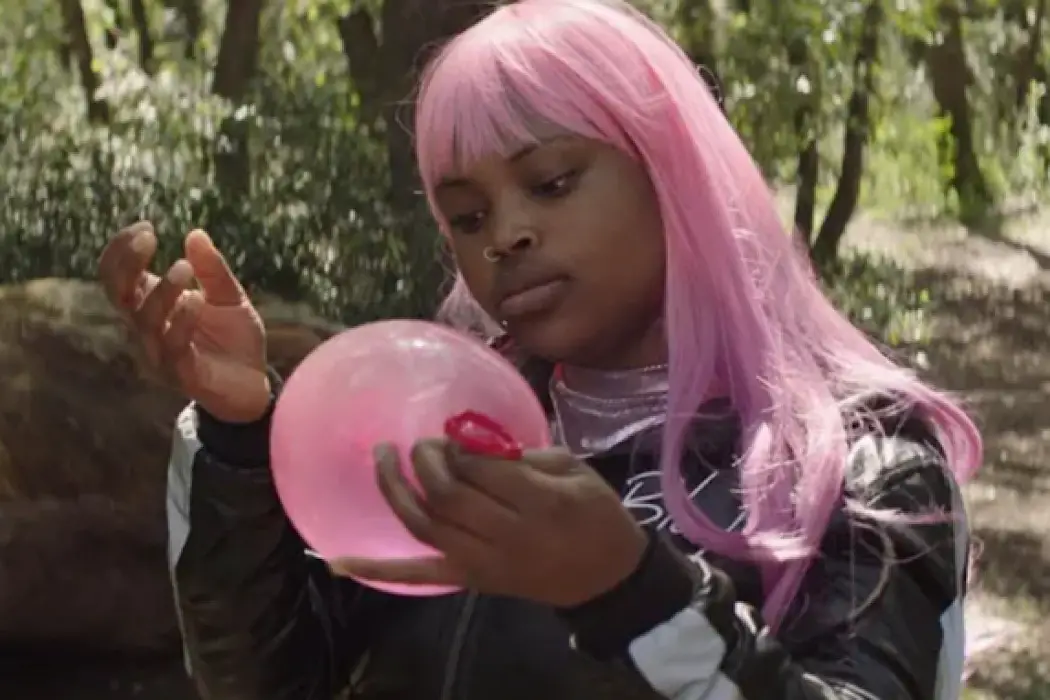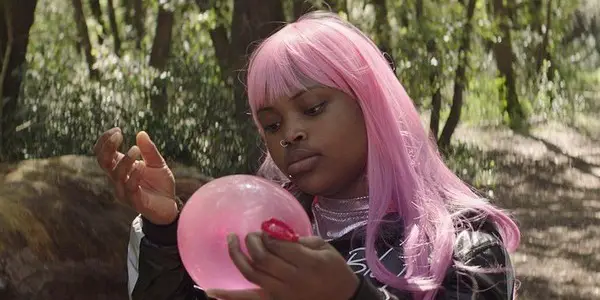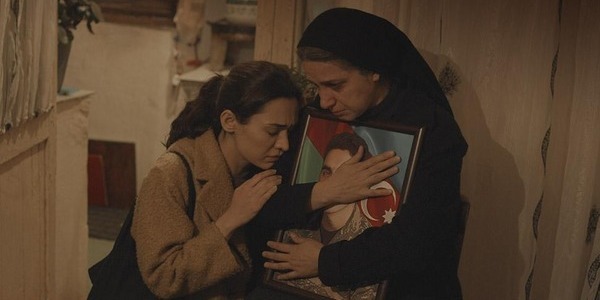Venice International Film Festival 2022: PRINCESS and BANU

Wilson is a cinema enthusiast based out of Toronto, Canada.…
The Venice International Film Festival is always a ground for diverse and international filmmaking, with this year’s edition being no exception. Both Princess and Banu are feature film efforts that concern strong female protagonists, both of whom are fighting very different battles in life. And while Princess falters in its ability to add meaning to a generally valiant effort in storytelling, Banu is creatively sound in its exploration of struggling maternal instincts.

Princess
Painting a candid portrait of the sex trade industry for illegal immigrants in Italy, Roberto De Paolis‘ Princess is an honest narrative venture that is aptly crafted, but not necessarily essential viewing by any means. The film follows an illegal Nigerian immigrant, Princess (Glory Kevin), who sells her body for money in the secluded forest terrains within Italy. Day after day, she propositions herself to men who drive by, eventually meeting a man (Lino Musella) who seemingly has more pure intentions.
Writing the screenplay after speaking with Nigerian sex workers whom Paolis met in real life, and subsequently casted in the film’s central roles, results in a punctuated sense of realism. There’s a lack of refinement to the film’s overall presentation, and this certainly works in its favour. The trade itself is never glamorized, and its darker subtexts don’t feel exploitative in any way. And despite not being a professional actor, Kevin is able to carry the film as its titular character in an affecting manner.
What’s lacking is perhaps a clear sense of what Princess adds to the plethora of films tackling a similar subject. Although Paolis does attempt to curtail the usual physical harrows experienced by sex workers on screen, his shift towards showcasing emotional afflictions doesn’t necessarily resonate either. He does attempt to blend in an almost fantasy-like notion in which Princess dissociates from her own body due to a ‘spell’ cast on her in years past, but this ideology is never really expanded on. The film’s playfulness with nature is also not fully realized, with hints of promise that never reveal themselves in a satisfying manner.
There’s certainly a lot of good-intentioned filmmaking behind Princess, but these intentions aren’t enough to carry the film to any meaningful finish line. The subject matter here is important as always, but Paolis et. al unfortunately can’t find a way to emulate their valiant efforts through a cinematic and narrative lens.

Banu
Piecing together a tight-knit domestic legal drama on the backdrop of the second Nagorno-Karabakh war, Tahmina Rafaella shines both in front and behind the camera in her feature directorial debut, Banu. Set within Azerbaijan’s war-torn political landscape, the film’s titular character (played by Rafaella) is faced with a legal conundrum when her husband seeks full custody of their son during an impending divorce. The male-centric biases of her society become more apparent as her case grows increasingly futile, and the world around her also crumbles in the wake of a prolonged and senseless war.
Although much of the film plays out like a typical marred domestic relationship drama, Rafaella contextualizes the maternal battles faced by Banu as an individual with the larger battle being fought by her own country. Even without knowing all the specifics surrounding the Nagorno-Karabakh war, the senseless loss of life over the ideology of ownership is intuitively stated. And rather than framing Banu‘s more intimate story as being lesser to the larger political issues at hand, the film actually finds a way to equalize the importance of both issues.
And in the end, even though a specific battle might be won, the war still rages on in other ways. This circular footnote that lingers on following the film’s apparently happy ending offers insightful realism to its grander storyline. This is cusped nicely with the concept of post-traumatic stress disorder, which Rafaella handles expertly as both a director and performer.
For the most part, Rafaella uses a rather muted approach to slowly reveal the dramatic tensions faced by the film’s characters. Being in almost every single frame of the film itself, her performance is subtle when it needs to be, and feels urgent at all times. Banu is also relatively quiet in its sound and dialogue presentations, but the echoes of silence often trigger the clear dramatic tensions surrounding its narration. This is particularly noticeable when trauma, both psychological and physical, are depicted. In general, one might yearn for greater peaks in emotional aptitude, but the level of restraint displayed here ends up working in the film’s favour. Banu never overplays its hand, and feels like a confident exercise in storytelling by an assured filmmaker.
More coverage to come!
Does content like this matter to you?
Become a Member and support film journalism. Unlock access to all of Film Inquiry`s great articles. Join a community of like-minded readers who are passionate about cinema - get access to our private members Network, give back to independent filmmakers, and more.
Wilson is a cinema enthusiast based out of Toronto, Canada. He escapes from his day job by writing random thoughts about cinema on the internet. Although he has a longstanding penchant for Hong Kong cinema, he considers himself to be an advocate for Asian cinema in general. He has been attending the Toronto International Film Festival every year since 2005, and more of his work can be found on his website: www.wilson-kwong.com.













